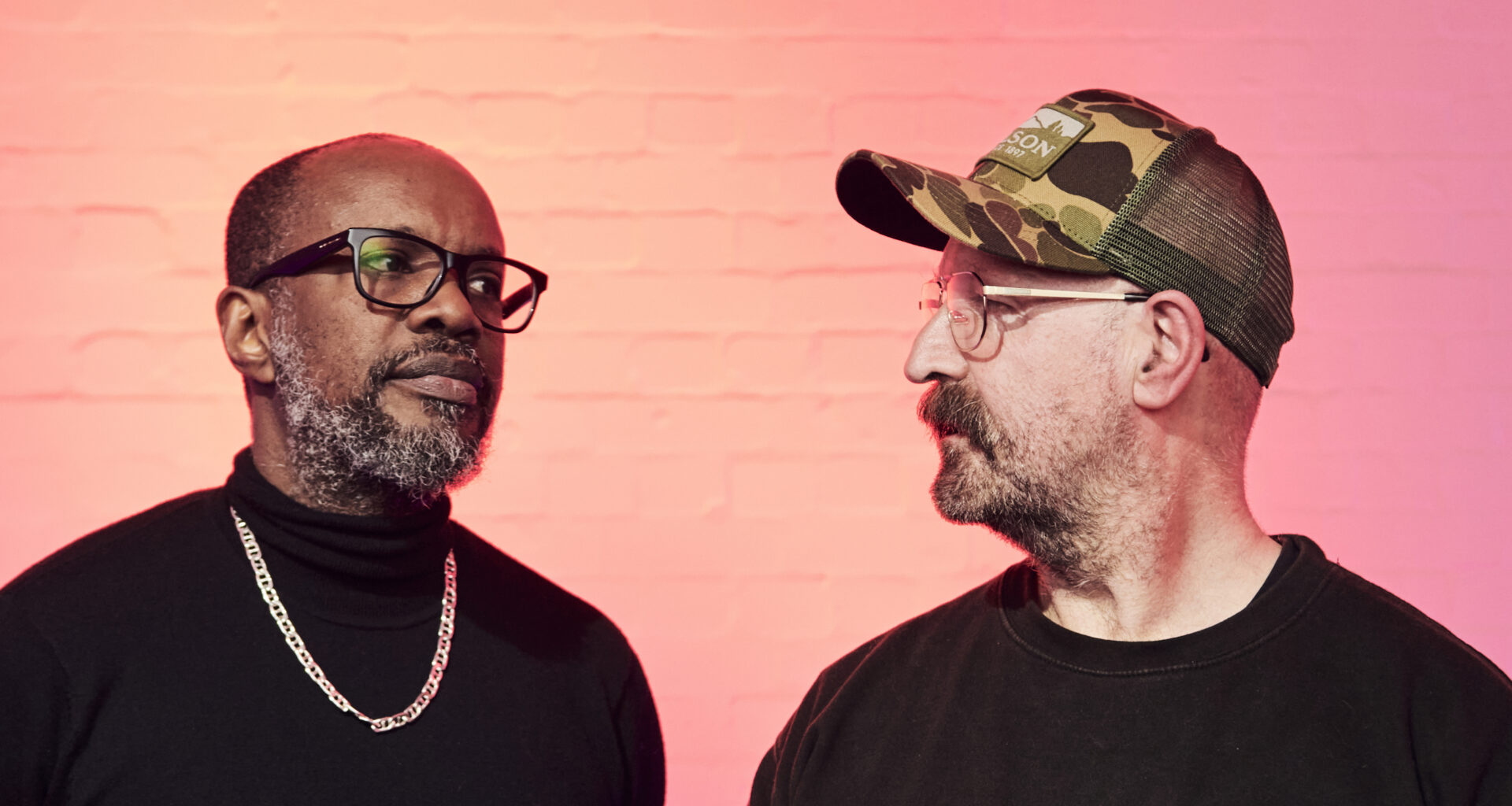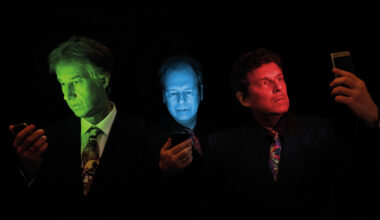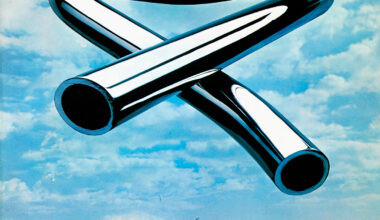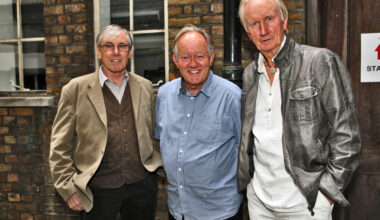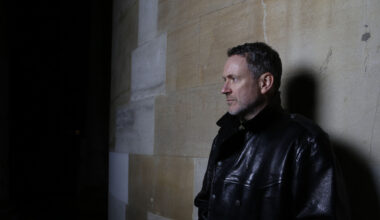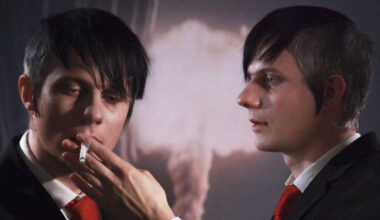Take indie frontman turned superstar DJ Hifi Sean, team him up with peerless vocal acrobat David McAlmont, add lashings of Bollywood strings, and what do you get? An exquisite record shaped by a heart-warming alliance
Want to read more?
Sign up to Electronic Sound Premium to gain access to every post, video, special offers, and more. 100%, all you can eat, no commitment, cancel any time.
Already a premium member? Log in here
